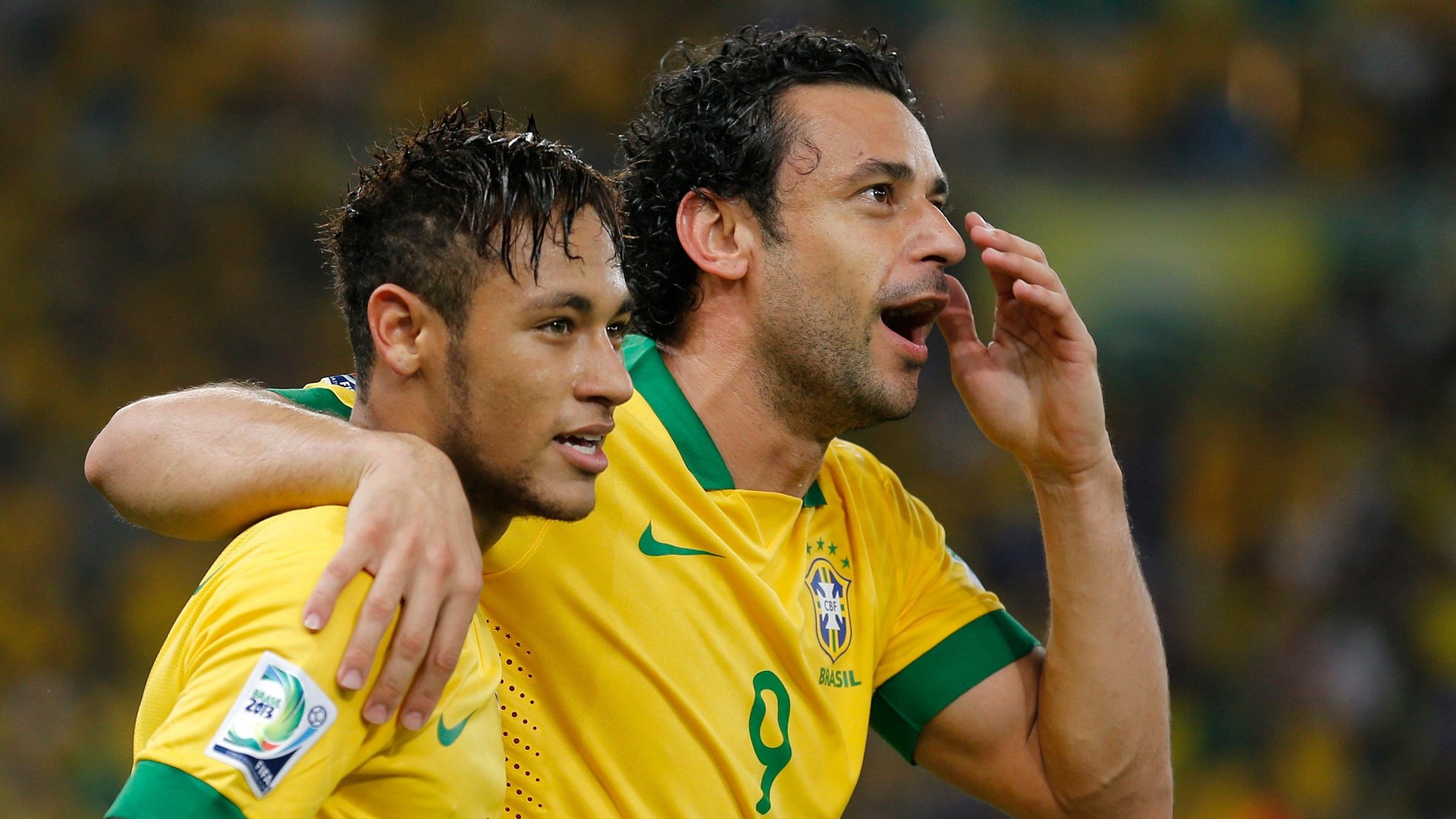The Qatar World Cup may have a silver lining—but it would mean turning global soccer upside down
It’s so hot in Melbourne this week—110°F (43.3°C)!—that tennis players in the Australian Open are hallucinating Snoopy just before they collapse from heat exhaustion. Now, imagine hundreds of soccer players, who run twice as far per game as their tennis cohorts, playing in similar heat. That’s what’s set to happen when the World Cup comes to Qatar in 2022, a decision that likely came about because of bribery and corruption at FIFA, the global governing body for the sport.


It’s so hot in Melbourne this week—110°F (43.3°C)!—that tennis players in the Australian Open are hallucinating Snoopy just before they collapse from heat exhaustion. Now, imagine hundreds of soccer players, who run twice as far per game as their tennis cohorts, playing in similar heat. That’s what’s set to happen when the World Cup comes to Qatar in 2022, a decision that likely came about because of bribery and corruption at FIFA, the global governing body for the sport.
Facing up to the fact that the health of the athletes and perhaps half a million visitors might be at risk, FIFA officials like President Sepp Blatter have begun hinting, or really just saying outright, that they expect the competition to be moved to the Northern Hemisphere’s winter months. The organization’s executive committee has yet to make an actual decision, however, and Qatar is assuring everyone that they can still hold the games no problem, there’s clearly ambiguity about what is to be done. And, as ever, money is at the heart of it—and not just money spent to earn Cup hosting rights.
Globally, soccer earned some $28 billion in 2009, and likely significantly more today. Broadcasters pay European leagues like the English Premier League, Spain’s La Liga and the German Bundesliga significant sums to air their games—BT bought the three-year UK rights to the Premier League for £3 billion ($4.9 billion). The European leagues play a winter schedule that stretches roughly from August to May, with breaks for international play; also occurring during this schedule are national tournaments and the UEFA Champions League, arguably the most competitive soccer league in the world with TV rights going for €1.5 billion ($2 billion).
Switching the Qatar Cup to winter would essentially rob all those lucrative competitions of their best players, significantly diminishing viewer interest and investments in the sport. It would be as though the NBA’s all-stars stopped playing for eight weeks. That’s one reason why England’s representative to FIFA is one of the loudest voices against moving the cup’s traditional time.
There’s one possible way to avoid this outcome: Move the European soccer season from its traditional winter schedule to summer has its own advantages, as Karl-Heinz Rummenigge, the president of the world’s top club, Bayern Munich, has suggested. It would result in better weather and fewer injuries for Europe’s favorite sport and its spectators, make it easier for top players to split time between club and country, and align with the United States’ rising professional soccer league, the MLS. Currently something of a global after-thought, the league’s strength is improving, and a matching schedule could make it easier for players to move between the US and other leagues.
These decisions would need to be made relatively quickly, in global sports bureacracy terms, by 2016, to avoid conflicting with existing TV rights deals and international tournament planning. While the idea of switching the classic schedule of the world’s best soccer leagues might drive fans wild, doing so might turn a terrible decision by FIFA into something that ends up benefitting football fans and players alike.